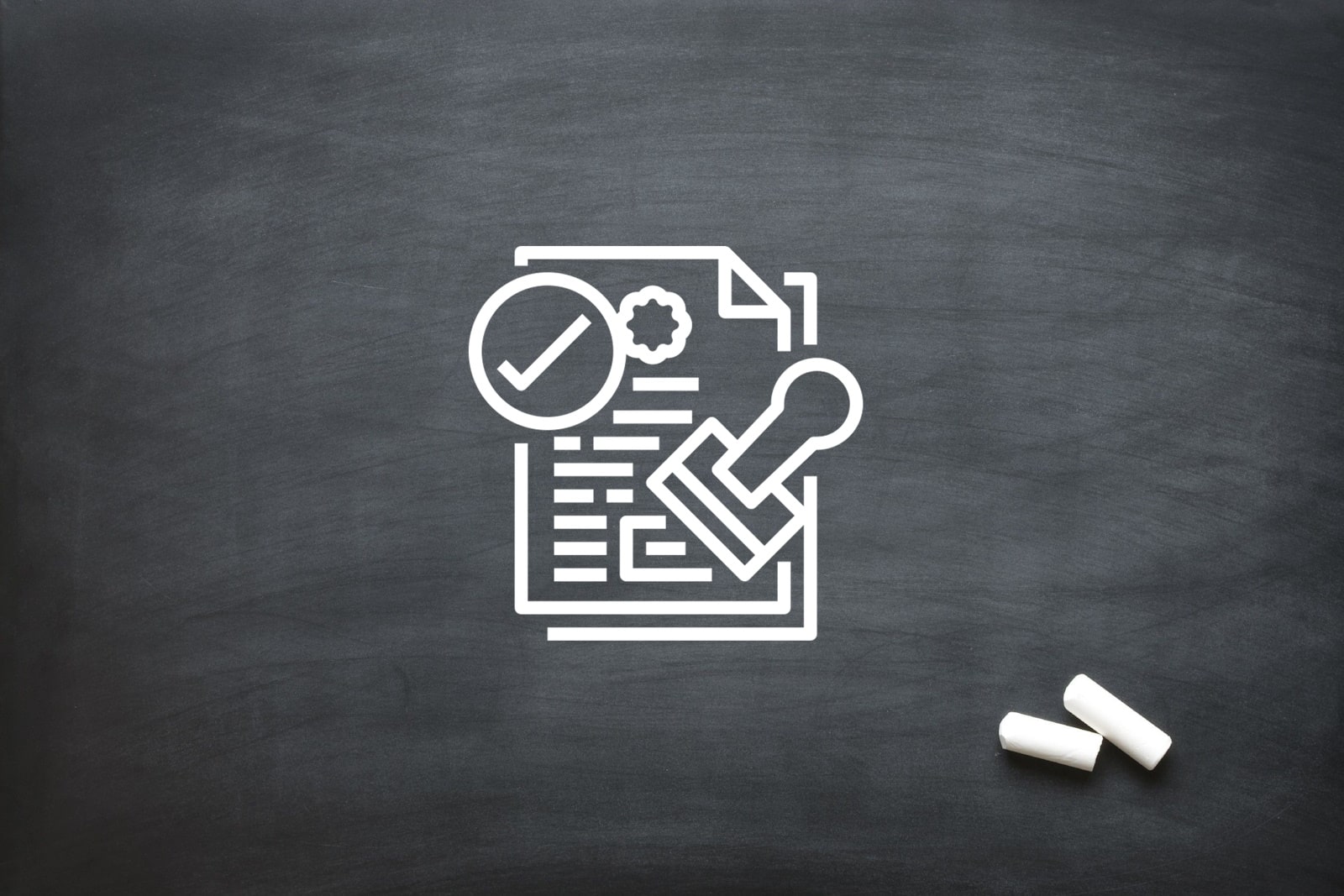
Learner Management Systems and SETA in South Africa
For training providers in South Africa, Sector Education and Training Authority (SETA) accreditation is a vital gateway to legitimacy, quality assurance, and access to funding. In an evolving digital landscape, the integration of learner management systems (LMS) is proving to be the most efficient way to meet the robust requirements of SETA accreditation. At the heart of this transformation is the need for streamlined compliance, improved learner tracking, and simplified quality assurance – all of which can be achieved with modern learner management systems in South Africa.
What is SETA Accreditation?
SETA accreditation is a formal recognition awarded to training providers who meet the quality standards prescribed by the Quality Council for Trades and Occupations (QCTO) and the relevant SETAs. These standards are aligned with the National Qualifications Framework (NQF), ensuring that training programmes are nationally recognised, outcomes-based, and responsive to industry needs. Accreditation is not just a regulatory requirement; it signifies a provider’s commitment to delivering credible and skills-focused education.
Why LMSs Matter for Accredited Training
Accredited training providers must maintain stringent records of learner performance, ensure consistent assessments, and provide access to portfolios of evidence (PoEs). Learner management systems in South Africa play a central role in facilitating these requirements by offering structured, trackable platforms for delivering, managing, and reporting on training outcomes.
An LMS ensures that content delivery follows prescribed unit standards, assessment instruments are standardised, and learner progression is monitored in real-time. This digital backbone supports compliance and boosts operational efficiency – particularly critical in a regulatory environment as thorough as SETA’s.
Key LMS Features for SETA Compliance
To truly support SETA requirements, learner management systems in South Africa must go beyond basic e-learning functionality. Key features include:
- Learner Tracking: Accurate monitoring of attendance, participation, and results across all modules.
- Automated Reporting: Customised reports aligned with SETA templates, ready for audits or verification visits.
- Assessment Management: Integration of formative and summative assessments, including digital marking tools.
- Audit Trails: Time-stamped logs of user activity that serve as compliance records during accreditation reviews.
These capabilities reduce manual workload and ensure transparency in learner progression and institutional governance.
Digital Portfolio of Evidence (PoE) Management
One of the most challenging aspects of SETA-aligned training is the management of Portfolios of Evidence. These records demonstrate that learners have met the required competencies. Learner management systems in South Africa offer secure, digital repositories for storing and organising these PoEs.
By enabling learners to upload evidence, and assessors to review and annotate submissions online, LMS platforms reduce paperwork, ensure data integrity, and facilitate remote moderation. This digitised process also supports environmental sustainability by significantly lowering the reliance on printed documentation.
Simplifying Moderation and Assessment
SETA requires both internal and external moderation of assessments to ensure quality and fairness. Learner management systems in South Africa streamline this process by providing assessors and moderators with real-time access to learner submissions, rubrics, and feedback tools.
Remote access capabilities are particularly advantageous in today’s geographically dispersed learning environment. With a well-configured LMS, the entire assessment lifecycle – from planning to moderation and appeals – becomes more transparent, consistent, and auditable.
LMS Integration with Quality Management Systems (QMS)
Quality Management Systems are essential to SETA accreditation, underpinning organisational policies, standard operating procedures, and compliance documentation. Learner management systems in South Africa that integrate with QMS platforms provide a unified interface for managing both learning content and quality assurance data.
This integration ensures that policy updates, audit responses, and training reports are synchronised and accessible, reducing the risk of non-compliance due to misalignment between training delivery and quality control documentation.
Challenges Faced by Training Providers
Despite their advantages, implementing LMS platforms in South Africa is not without its hurdles. Many providers operate in regions with limited internet connectivity, making consistent access to cloud-based systems difficult. Others struggle with internal capacity – particularly where digital literacy is low, or where staff are unfamiliar with technology-driven education models.
Additionally, selecting or customising an LMS to meet local compliance standards often requires guidance and technical expertise. Without these, the promise of digital transformation can be undermined by system misalignment or underuse.
Cost vs. Benefit for Accredited Providers
Initial investment in learner management systems in South Africa can be substantial, especially for smaller providers. Costs include platform licensing, onboarding, training, and IT infrastructure. However, the long-term return on investment is compelling.
Digitised processes reduce human error, administrative overhead, and non-compliance risks. Improved learner experience, faster reporting, and more efficient moderation cycles directly support scalability and sustainability. Over time, the cost savings in paper, personnel, and penalties far outweigh the initial outlay.
The Future of SETA Accreditation in a Digital Learning Era
As South Africa continues to embrace digital transformation, the future of SETA accreditation will increasingly revolve around data transparency, remote access, and system interoperability. Emerging technologies such as artificial intelligence may soon be used to support adaptive learning paths, detect learning gaps, and assist in automated moderation.
Cloud-based learner management systems in South Africa will become the norm rather than the exception. With the Department of Higher Education and Training encouraging innovation in skills development, training providers who embrace these tools early will be better positioned to meet evolving compliance expectations.
Conclusion
The future of accredited training in South Africa lies in the seamless integration of technology with regulatory frameworks. Learner management systems in South Africa are no longer optional—they are essential enablers of quality, efficiency, and compliance in the SETA landscape.
At Oliver Karstel Creative Agency, we help training providers harness the full potential of LMS solutions tailored for SETA-aligned training. Whether you’re new to digital learning or upgrading your systems for compliance, we’re here to guide your transformation.
Get in touch with us today to streamline your training operations and stay ahead in a digitally-driven learning environment.






